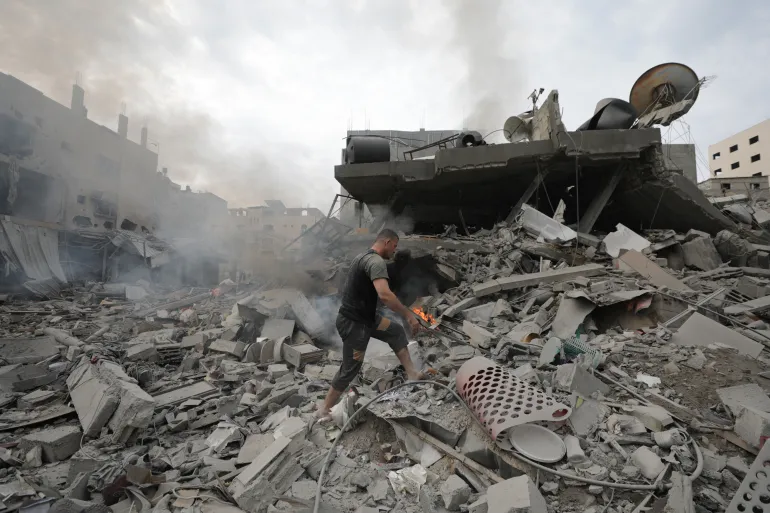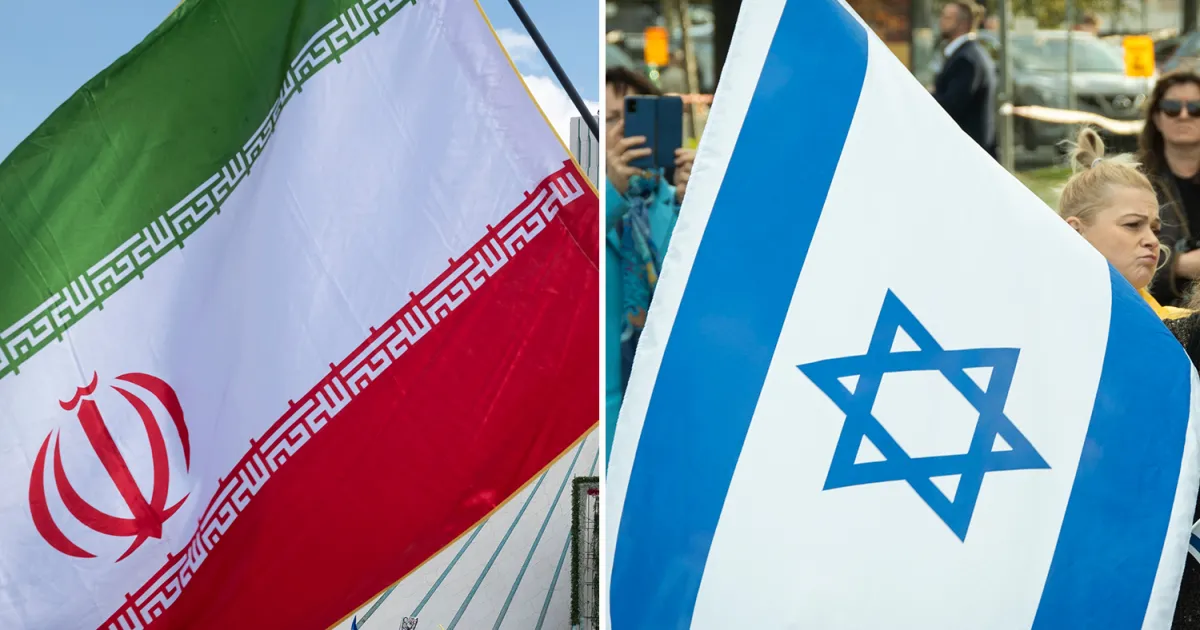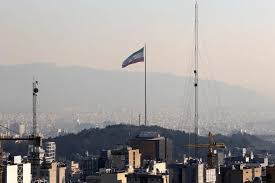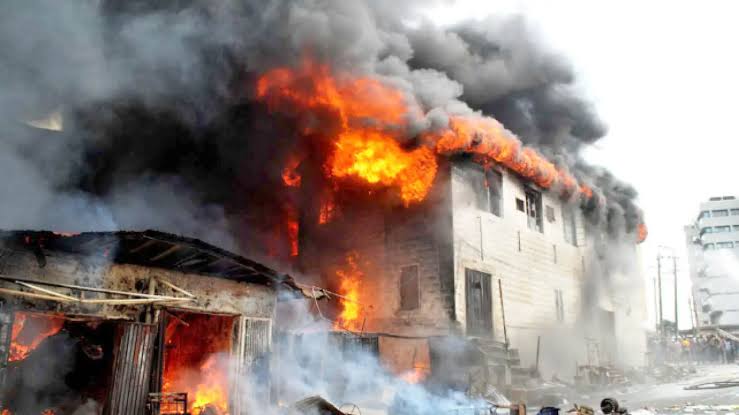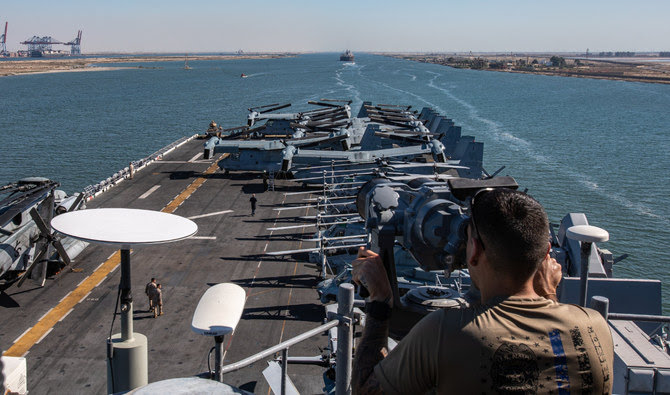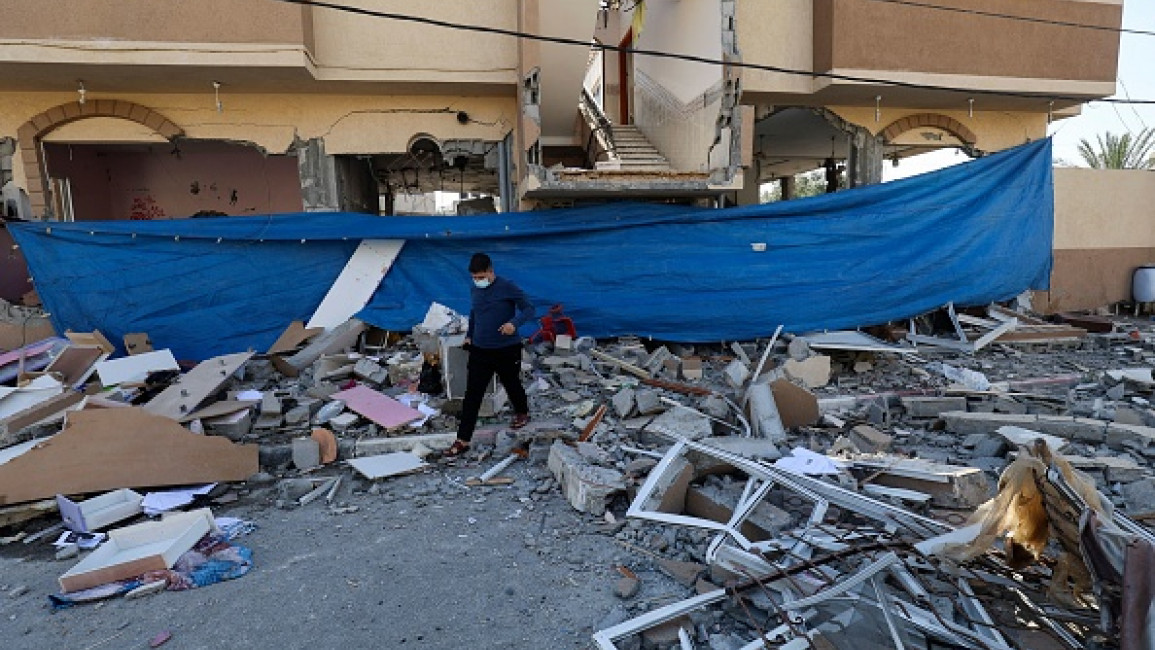Thirteen people were killed after Israel attacked targets of the militant Palestinian organisation Islamic Jihad, according to officials on Tuesday.
The Palestinian Health Ministry said the dead included four women and four children in the strikes on Gaza and Rafah.
Russians Jamal Khaswan and his wife and son were also among those killed in Israeli air strikes on Gaza, according to the Russian mission in the West Bank.
About 30 Palestinians were injured, some of them critically, the ministry said.
Militant groups said they would retaliate.
Israel’s army justified the operation by citing rocket attacks from Gaza on the Israeli border area in recent weeks.
The Israeli army said the three militants were Chalil Bahitini, a commander in the northern part of the Gaza Strip who was responsible for recent rocket attacks on Israel.
Jahed Ahnam, head of the military council and Tarek Az Aldin, coordinated the attacks in the West Bank.
UN envoy, Tor Wennesland, condemned the civilian deaths as unacceptable.
“I urge all concerned to exercise maximum restraint to avoid an escalation.
“We must be prepared for every scenario – the IDF and security forces are prepared to defend every front,” Israeli Defence Minister, Yoav Gallant, said.
The military was ordered to prepare for a possible mobilisation of reservists.
The opposition backed the Israeli government’s deployment.
The U.S. was informed about the plans, according to media reports.
Several Arab countries, including Egypt and Jordan, condemned the Israeli attacks.
Civilians in southern Israel were ordered to stay near a designated shelter until Wednesday.
Border crossings with Gaza were closed and regional rail traffic was restricted.
According to eyewitnesses, the Gaza region saw little traffic, while schools, universities and all ministries and public services were closed.
Amid fears of escalation, Managing Director of the Institute for National Security Studies (INSS), Tamir Hayman, has said.
“As far as Israel is concerned, Hamas is not the target of the operation but the main question that will determine the intensity of this conflict and its duration is whether or not Hamas will join the campaign.’’
Israeli news site Ynet reported that Israel had sent a message to Hamas that they were not targeted.
A Hamas spokesman said that the Palestinian people know how to respond to the crime of the targeted killing of Jihad members and attack the occupying power.
A Jihad spokesperson said that Israel had ignored all the initiatives of the mediators.
In August last year, Israel killed jihadi military chief, Chalid Mansur, in an air strike.
Two other jihad members were killed, including Mansur’s deputy.
At that time, there were massive rocket attacks from the Palestinian territory and further Israeli air strikes.
An Egyptian-brokered ceasefire came into effect three days later.
The latest tensions stem from the death of Khader Adnan a week ago.
The senior member of the Islamic Jihad movement died after spending almost three months on hunger strike in an Israeli jail.
The Gaza Strip is home to more than two million people living in very poor conditions, while Hamas seized power in the Palestinian territory by force in 2007.
In response, Israel tightened a blockade of the coastal area, which was supported by Egypt.
The U.S., the EU and Israel classify Hamas and Islamic Jihad as terrorist organisations.
Both groups were committed to the destruction of Israel.
Islamic Jihad, however, was seen as more radical than Hamas.
Iran strongly condemns Israel’s airstrikes on Gaza Strip
The Iranian Foreign Ministry spokesman on Tuesday strongly condemned the Israeli airstrikes on the Gaza Strip earlier in the day.
In a statement posted on the ministry’s website, Nasser Kanaani highlighted the necessity of an immediate, effective, deterrent and coordinated action by Muslim states to stop Israel’s crimes.
After the Israeli attack on Palestinian Islamic Jihad (PIJ) militants in the Gaza Strip that killed at least 13 people, including women, children and three senior PIJ military leaders, and injured at least 20 others.
Kanaani said the Israeli offensive was aimed at diverting public opinion away from Israel’s very shaky and critical domestic situation.
The spokesman added that the silence and inaction of Western countries and relevant international organisations in the face of Israel’s recent escalation of tensions with the Palestinian people had greatly emboldened Israelis to continue their crimes.
On Tuesday, Israeli fighter jets and unmanned drones carried out simultaneous and surprising airstrikes against buildings and apartments that host senior PIJ military leaders in the Gaza Strip.
The Israeli military said in a statement that three PIJ leaders were killed in the airstrikes.
They were identified by the PIJ as Khalil Bahitini, the commander of the Al-Quds Brigades in the northern Gaza Strip, Tariq Izz al-Din.
The spokesperson for the movement who also managed retaliatory operations in the West Bank and Gaza, and Jihad al-Ghannam, secretary of the movement’s military council said.
The airstrikes came less than a week after over 100 rockets were fired from the Gaza Strip into southern Israel following the death of PIJ official Khader Adnan.
Adnan, who had been on hunger strike for 86 days while under Israeli custody.

